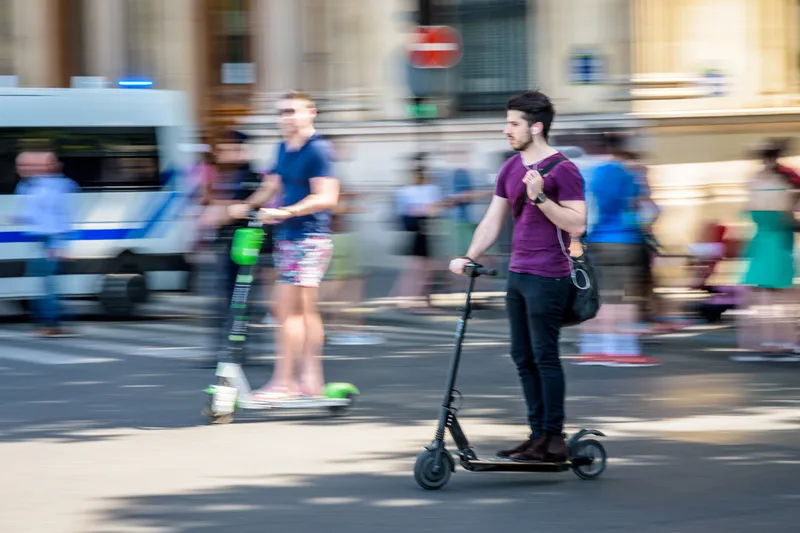Motorists who speed, ignore red lights or drink and drive when in a European country other than their own will be brought to book more easily, thanks to closer cooperation between European police forces and EU-wide enforcement of traffic rules, under plans approved yesterday by the European Parliament's transport committee. However, the UK and Ireland decided not to opt in to the system, while Denmark is entitled to opt out because the Council changed the legal basis of the directive from "transport" to "po
May 18, 2012
Read time: 2 mins
Motorists who speed, ignore red lights or drink and drive when in a European country other than their own will be brought to book more easily, thanks to closer cooperation between European police forces and EU-wide enforcement of traffic rules, under plans approved yesterday by the European Parliament's transport committee. However, the UK and Ireland decided not to opt in to the system, while Denmark is entitled to opt out because the Council changed the legal basis of the directive from "transport" to "police cooperation" at first reading.
Throughout the rest of the EC, traffic police authorities will be able to pursue offenders in their home country by using the Eurocaris data exchange system. Speeding, driving under the influence of drink or drugs, failure to wear seatbelts, illegal use of mobile phones, using bus lanes, not wearing helmets when riding a motorcycle and crossing red lights are among the offences covered by the legislation.
Harmonising basic traffic rules and setting common standards for sanctions and enforcement procedures in future would help further reduce the death toll on Europe's roads, MEPs stressed during the debate ahead of the vote which was adopted yesterday by a large majority. The directive will enter into force at the latest two years after adoption and will be subject to close monitoring and assessment by the1690 European Commission.
Throughout the rest of the EC, traffic police authorities will be able to pursue offenders in their home country by using the Eurocaris data exchange system. Speeding, driving under the influence of drink or drugs, failure to wear seatbelts, illegal use of mobile phones, using bus lanes, not wearing helmets when riding a motorcycle and crossing red lights are among the offences covered by the legislation.
Harmonising basic traffic rules and setting common standards for sanctions and enforcement procedures in future would help further reduce the death toll on Europe's roads, MEPs stressed during the debate ahead of the vote which was adopted yesterday by a large majority. The directive will enter into force at the latest two years after adoption and will be subject to close monitoring and assessment by the








